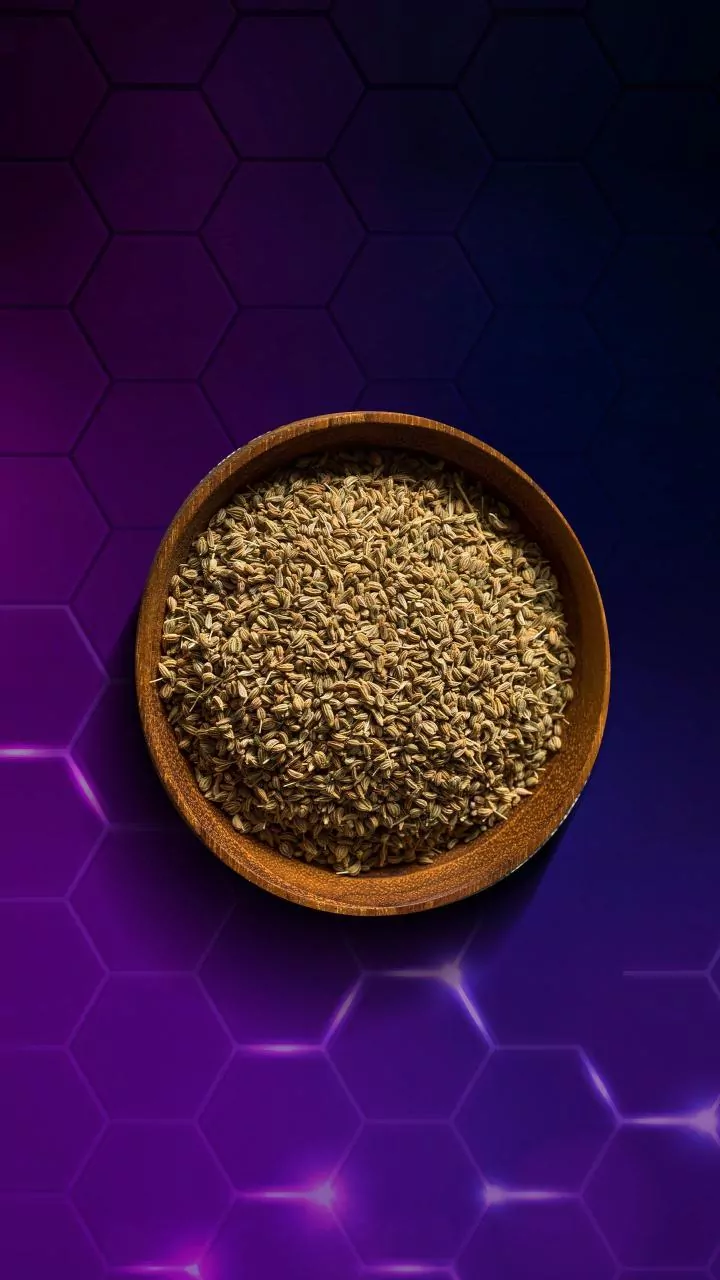Myth 1: Calories Reign
The first myth often revolves around the idea that calories are the ultimate factor in weight loss or gain. While calorie intake is important, the article
points out that focusing solely on calories overlooks the quality of those calories. It indicates that the source of calories – whether from processed foods or whole foods – significantly influences how our bodies respond. For example, a diet rich in highly processed foods and low in nutrient density might lead to weight gain despite adhering to a specific calorie count. In contrast, focusing on nutrient-dense foods, even if the calorie count is similar, can provide the body with essential vitamins, minerals, and fiber, promoting satiety and aiding in weight management. Hence, it is crucial to consider the nutritional value and type of calories. The body’s response to different types of foods varies, and the focus should extend beyond just the number of calories consumed.
Myth 2: Fat Makes You Fat
This section challenges the long-held belief that consuming fat automatically leads to weight gain. It presents the updated perspective that not all fats are equal. The article explains that the type and source of fat are critical considerations. For example, some fats, like those in avocados and nuts, are considered healthy fats and are linked to improved health outcomes. Saturated and trans fats, commonly found in processed foods, are typically the ones to be avoided as they may be associated with various health issues. The article stresses the importance of recognizing the role fats play in supporting various bodily functions, including hormone production, vitamin absorption, and the maintenance of cell membranes. Instead of avoiding all fats, the focus should be on choosing healthier fat sources and incorporating them into a balanced diet.
Myth 3: Carbs Are the Enemy
The article dispels the misconception that all carbohydrates are inherently harmful. It discusses the differences between simple and complex carbohydrates. Simple carbs, often found in processed foods, can cause rapid blood sugar spikes, potentially leading to energy crashes. Complex carbohydrates, such as those found in whole grains, vegetables, and legumes, are digested more slowly. This slow digestion provides sustained energy and helps regulate blood sugar levels. Furthermore, complex carbs are typically rich in fiber, promoting digestive health. The article highlights that eliminating carbohydrates entirely isn't necessary for good health and instead suggests making informed choices about the types of carbs consumed. The focus should be on choosing nutrient-dense sources over processed options.
Myth 4: Protein Builds Muscle
While protein is critical for muscle growth, the article clarifies that consuming excessive amounts of protein does not guarantee increased muscle mass. It highlights that the body can only utilize a certain amount of protein for muscle building at a time. The rest is either used for energy or eliminated. It stresses the significance of overall calorie intake and exercise in conjunction with protein consumption. The article suggests that adequate protein intake, combined with resistance training, provides the necessary building blocks for muscle growth. It also notes that the body needs a balance of nutrients to support muscle development, and that the amount of protein needed varies based on individual factors like activity level, genetics, and overall health. Overconsumption of protein, on the other hand, might lead to other health complications.
Myth 5: Detox Cleanses Work
This section debunks the popular concept of detox cleanses. The article explains that the human body naturally detoxifies itself through the liver, kidneys, and other systems. It argues that there isn't scientific evidence to support the effectiveness of many commercial detox products or programs. It suggests that these cleanses may be misleading and potentially harmful, as they can sometimes lead to nutrient deficiencies or disruptions to the digestive system. The article implies that a balanced diet rich in whole foods, alongside adequate hydration and regular exercise, supports the body's natural detoxification processes effectively. Instead of investing in cleanses, the focus should be on building sustainable, healthy habits.
Myth 6: Superfoods Are Magic
The article acknowledges that certain foods, often labeled as 'superfoods,' contain high levels of nutrients and antioxidants, but clarifies that no single food holds magical properties. It explains that a varied and balanced diet that incorporates many nutrient-rich foods is more important than focusing solely on a few select superfoods. The article suggests that while incorporating superfoods can benefit overall health, they should not replace the broader approach to healthy eating. The benefits of any food should be considered in the context of an overall dietary pattern, encompassing a wide range of fruits, vegetables, whole grains, and other nutritious choices. The idea is to emphasize variety and a holistic approach rather than seeking a quick fix.
Myth 7: Supplements Are Essential
This section discusses the widespread belief that supplements are necessary for optimal health. It argues that while supplements can be useful in certain cases, such as addressing specific nutrient deficiencies, they are not always essential. The article notes that the best way to get nutrients is from a well-balanced diet. It advises people to consult a healthcare professional before starting any supplements to assess individual needs and potential risks. It stresses that supplements should not replace a healthy diet and lifestyle, and that excessive consumption can sometimes lead to adverse health effects. The article recommends prioritizing whole foods and only using supplements when recommended by a healthcare provider.
Myth 8: Eating Late Bad
This section dispels the idea that eating late at night automatically causes weight gain. The article suggests that the timing of meals is less important than the overall calorie intake and the quality of foods consumed. It explains that weight gain is determined by an overall caloric surplus, not necessarily when the food is eaten. It does recognize that late-night snacking, if it includes unhealthy choices, can contribute to excess calorie consumption. The article also suggests that individual metabolism and lifestyle factors play a significant role. It highlights that the focus should be on making conscious food choices and maintaining a healthy eating pattern, regardless of the time of day. Late-night eating is not inherently harmful, provided one's food choices align with their overall nutritional goals.
Myth 9: Gluten Is Always Bad
The final myth addresses the popular negative perception of gluten. The article acknowledges that gluten can be problematic for those with celiac disease or gluten sensitivity. However, it clarifies that gluten is not inherently unhealthy for everyone. It states that unless you have a diagnosed condition, there's no need to avoid gluten. The article points out that eliminating gluten without a medical reason can lead to a less varied diet and could potentially lead to missing out on important nutrients. It advocates for understanding individual needs and making dietary decisions based on evidence and consultation with a healthcare professional, rather than following trends. The article indicates that those without conditions should evaluate gluten on a case-by-case basis.




















